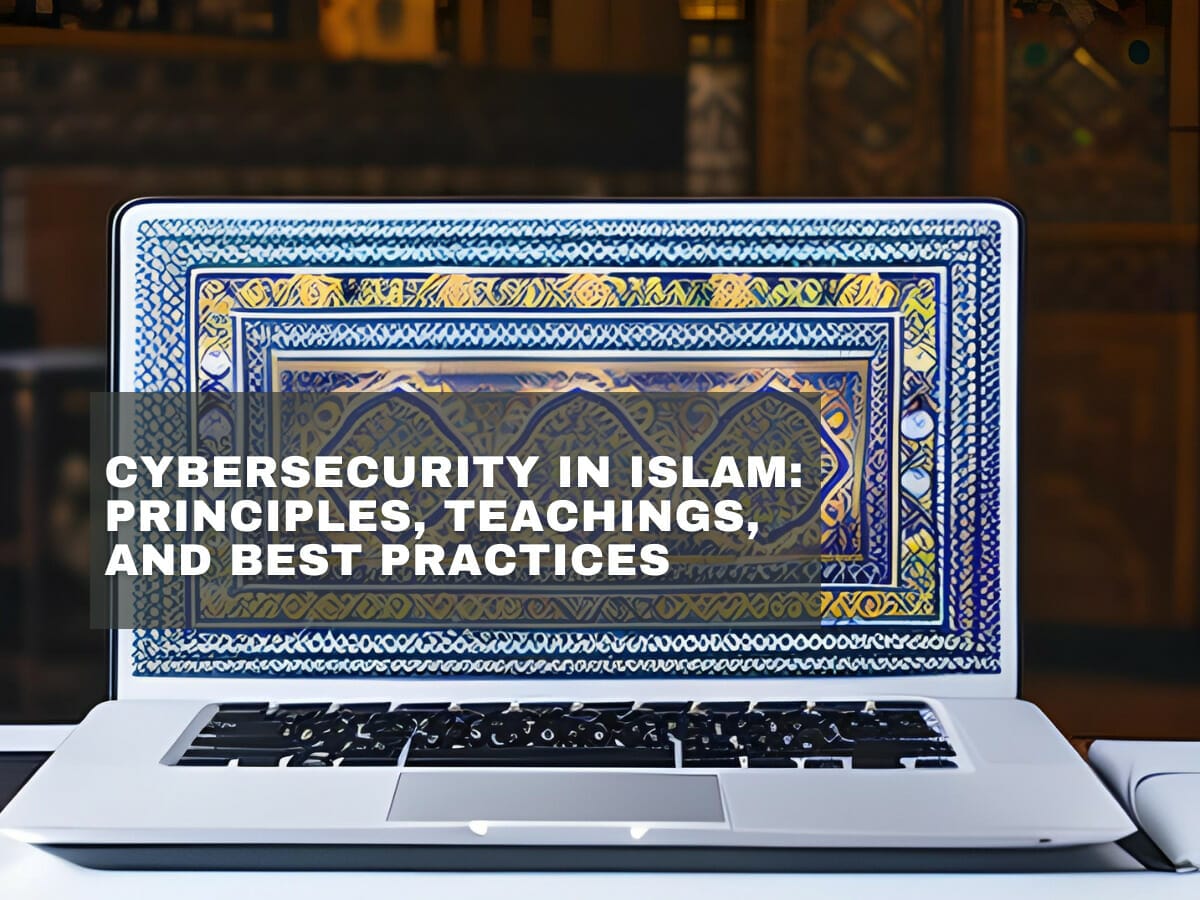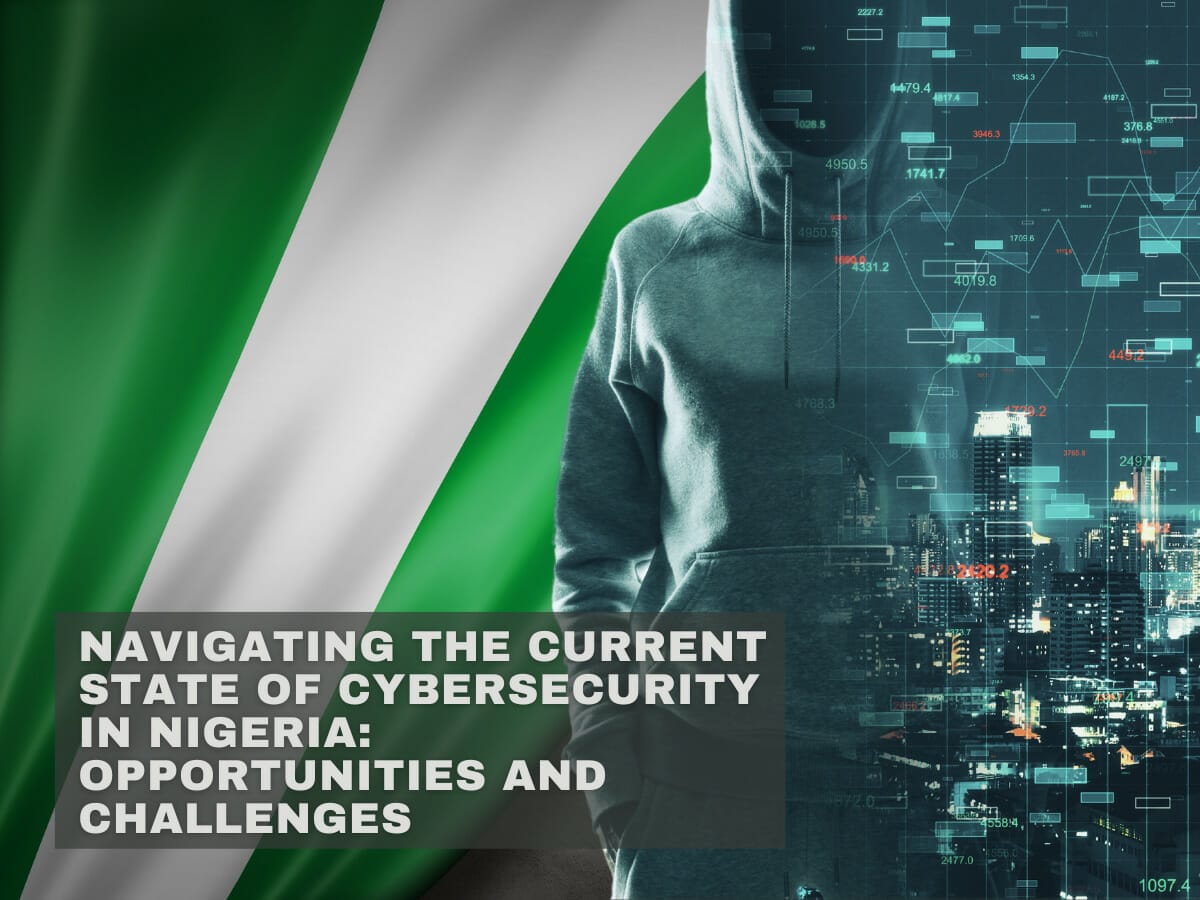Introduction
The digital age has transformed how we live our lives, bringing with it a new set of challenges. One of these challenges is cybersecurity, which seeks to protect our digital assets and data from unauthorized access and malicious attacks. In this article, we will examine the teachings of Islam regarding cybersecurity and how these principles can be applied to secure our digital lives.
- The Importance of Privacy in Islam
Islam places great importance on protecting one’s privacy and personal information. The Quran and Hadith both emphasize the need to respect the privacy of others and to safeguard one’s information. In Surah An-Nur (24:27), Allah advises:
“O you who have believed, do not enter houses other than your own houses until you ascertain welcome and greet their inhabitants. That is best for you; perhaps you will be reminded.”
This verse highlights the importance of seeking permission before entering someone’s private space. Similarly, the Prophet Muhammad (PBUH) said: “Whoever listens to the talk of some people while they do not like him (to listen) or they run away from him, molten lead will be poured into his ears on the Day of Resurrection” (Sahih al-Bukhari).
These teachings can be applied to the digital realm, where we should respect the privacy of others and avoid unauthorized access to their personal information.

- Honesty and Trustworthiness
Islam teaches that honesty and trustworthiness are essential characteristics of a true believer. The Prophet Muhammad (PBUH) said: “The signs of a hypocrite are three: Whenever he speaks, he tells a lie; whenever he promises, he breaks it; and whenever he is entrusted, he betrays the trust” (Sahih al-Bukhari).
In the context of cybersecurity, Muslims should refrain from dishonest activities, such as hacking, identity theft, or spreading false information. Instead, they should work to protect the digital assets of others and ensure the integrity of their data.
- Accountability and Responsibility
Islam teaches that every individual is accountable for their actions and decisions. This concept of accountability extends to cybersecurity as well. Muslims should take responsibility for securing their digital devices and online accounts, ensuring they are not vulnerable to attacks from hackers or other malicious individuals.
This responsibility also extends to organizations and governments, which must take the necessary measures to secure their digital infrastructure and protect the data of their users and citizens.
- Collaboration and Cooperation
The teachings of Islam encourage collaboration and cooperation among individuals and communities. This can be applied to cybersecurity, where teamwork is essential to combat the ever-evolving threats and challenges.
Muslims should actively participate in cybersecurity initiatives and share their knowledge and expertise with others. We can create a safer and more secure digital environment for all by working together.
- Education and Awareness
To protect ourselves and our communities from cyber threats, we must be well-informed and educated about the risks and best practices. Islamic teachings encourage the pursuit of knowledge and learning, as the Prophet Muhammad (PBUH) said: “Seeking knowledge is an obligation upon every Muslim” (Ibn Majah).
Muslims should take the initiative to learn about cybersecurity, stay updated on the latest trends and threats, and educate others about the importance of digital safety.
Conclusion
Cybersecurity is an essential aspect of our digital lives, and the teachings of Islam provide valuable guidance on how to protect ourselves and our communities from cyber threats. By adhering to the principles of privacy, honesty, responsibility, collaboration, and education, Muslims can contribute to a safer and more secure digital world for all.



